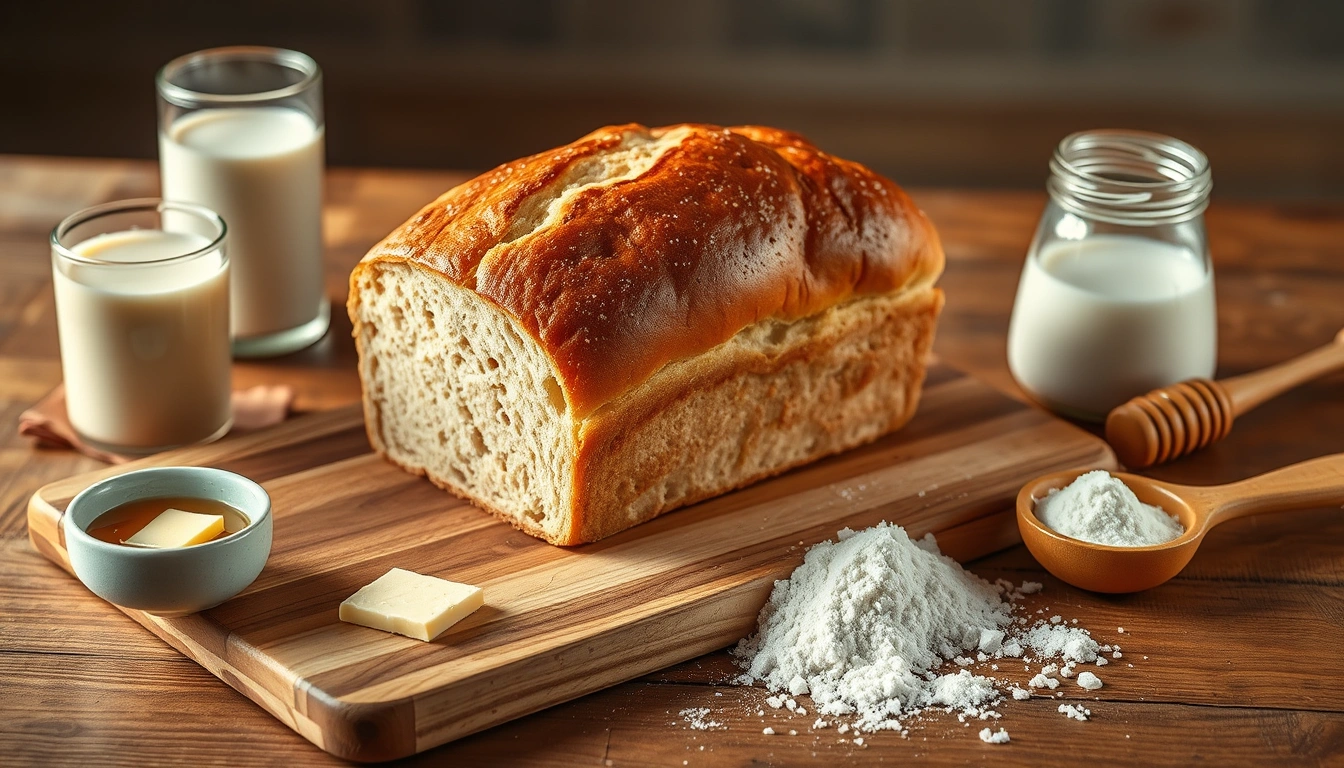The history and origin of sourdough bread
Sourdough bread is one of the oldest forms of bread-making in human history. Its origin dates back thousands of years, when ancient civilizations discovered that a spontaneous mixture of flour and water fermented naturally thanks to the yeasts and bacteria present in the environment. This natural fermentation, known as sourdough starter, gives the bread a characteristic flavor, a denser texture, and better preservation.
In Latin America, sourdough bread is known by different names depending on the region, although its fundamental technique is similar. In Mexico and some Central American countries, it is often called "artisanal sourdough bread" or simply "sourdough bread." In Argentina and Chile, it is highly valued as "country bread" or "homemade sourdough bread." In Colombia and Peru, although there is no specific different name, its consumption is increasingly promoted for its health benefits and unique flavor.
Recognition of sourdough bread as a healthier and more natural product has been increasing throughout Latin America, and today many artisanal bakeries offer it as a traditional and nutritious alternative to industrial breads. Furthermore, there are multiple regional variants that incorporate local ingredients to enrich the dough.
